Protein is one the most essential components of one’s diet. Unlike fat and carbs, the body does not store excess protein, so it must be consumed through diet in order to build, repair, and maintain bodily structures including muscles, organs, hair, and even help regulate the function of some hormones and enzymes.
About 22 amino acids make up protein, however nine of these amino acids must be consumed through diet. Should the body have a deficiency in any one of these 22 amino acids, things can go awry – one may experience excess hair loss, a poor functioning immune system, poor wound healing, muscle mass loss, or it may prevent the body from properly recovering after exercise.
Most Americans get plenty of protein in their diet through meat, eggs, dairy, beans, and other plant-based sources. However, certain populations that may struggle to consume enough include vegans, vegetarians, bariatric patients, and the elderly.
In the bariatric population—meaning patients who have undergone a surgical procedure to reduce the size of their stomach—patients are especially susceptible to low nutritional intake and loss of lean body mass or muscle mass. To combat this, we recommend patients aim to consume 60-80 grams of protein per day. However, without the help of protein shakes or protein bars such as NuGo Slim, this would pose to be extremely difficult.
You see, patients can only consume very small portions at a time – sometimes the size of an egg or less! For months after surgery I often hear stories of patients feeling full after just a few bites. For this reason, one of my go-to recommendations is to supplement with NuGo Slim in between meals for 17 grams of protein to make sure they do not fall short. If patients are not consuming enough protein, they may notice a number of things including excessive hair loss, weakness, sluggish metabolism, poor healing wounds, increased bruising, increased recovery time after exercise, and reduced satiety.
I find that not only does NuGo Slim help patients reach their protein goal, they love the taste of these bars because they are such a treat (hello REAL dark chocolate and amazing flavor combinations!). Upon these bars being such a big hit in the bariatric clinic I work in, I integrated them as a standard snack recommendation for patients I see through my private practice as well. Nevertheless, I remind my bariatric patients and private clients alike to not focus on one macronutrient (i.e. protein) so much that they skimp on healthy grains, fruits, and vegetables. A high protein, low carb, keto, apple cider vinegar, grapefruit diet is not the answer to weight loss and healthy living, but rather the daily decision to eat a well-balanced diet and stay physically active.
Sources:
Cummings, S., & Isom, K. A. (2015). Academy of Nutrition and Dietetics pocket guide to bariatric surgery. Chicago, IL: Academy of Nutrition and Dietetics.

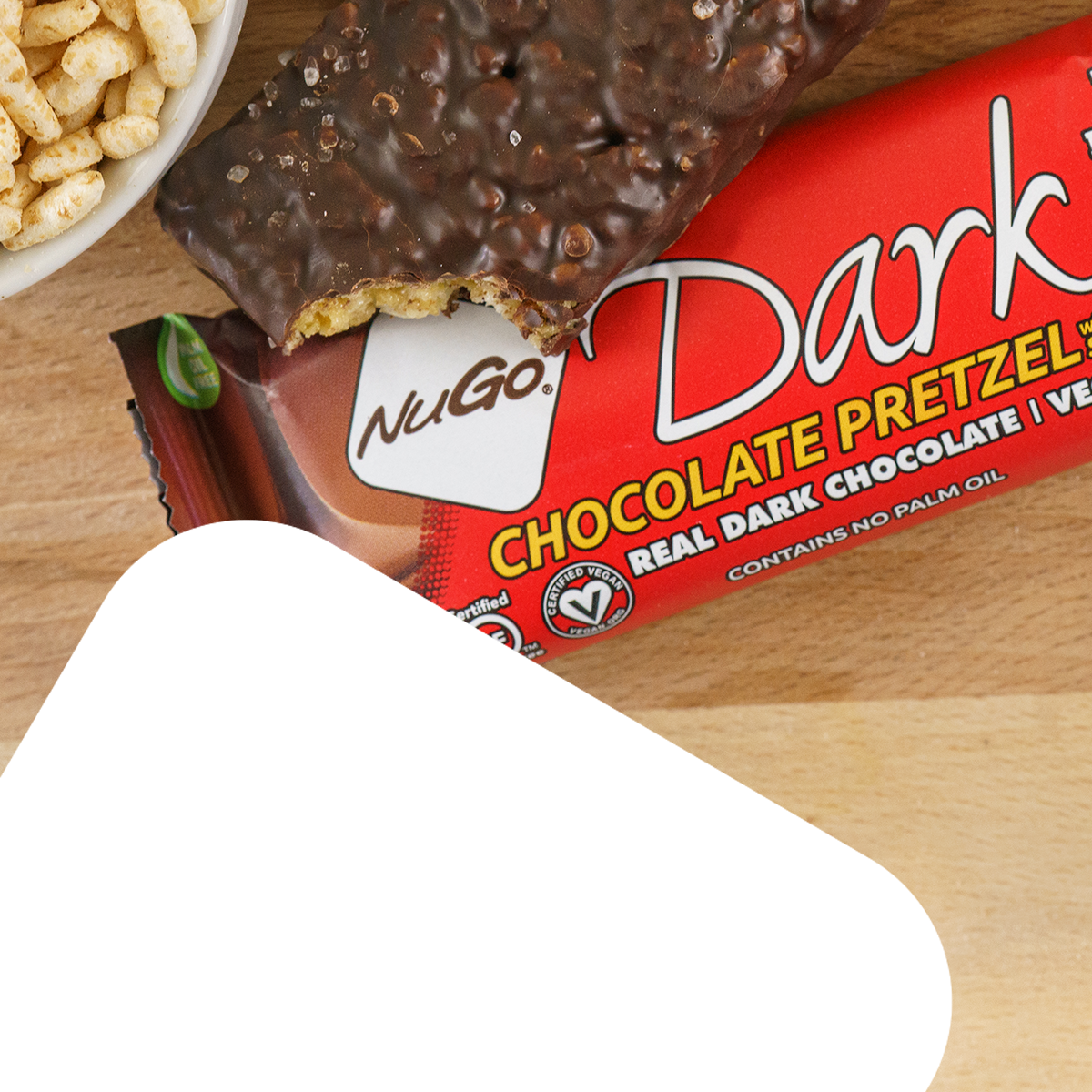

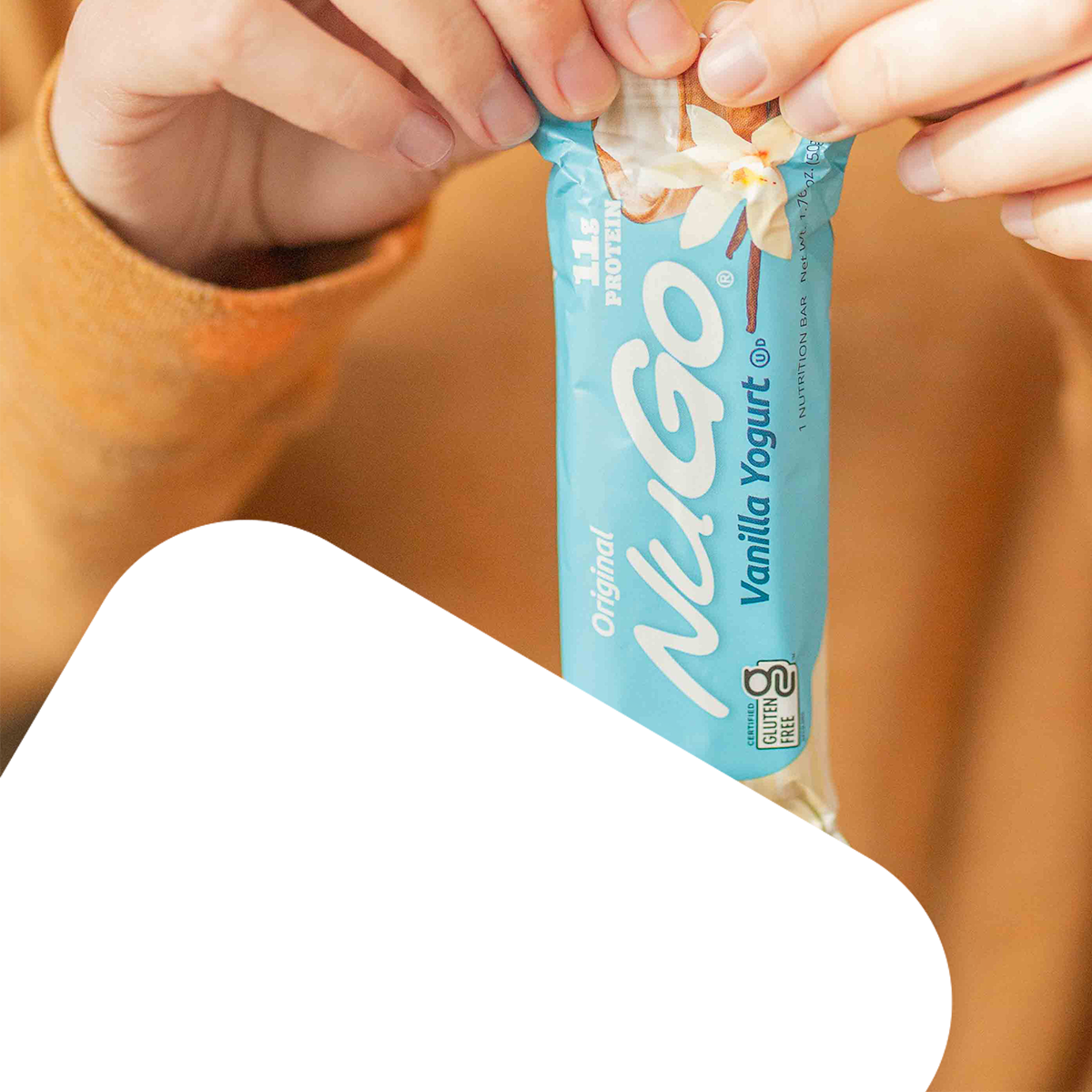
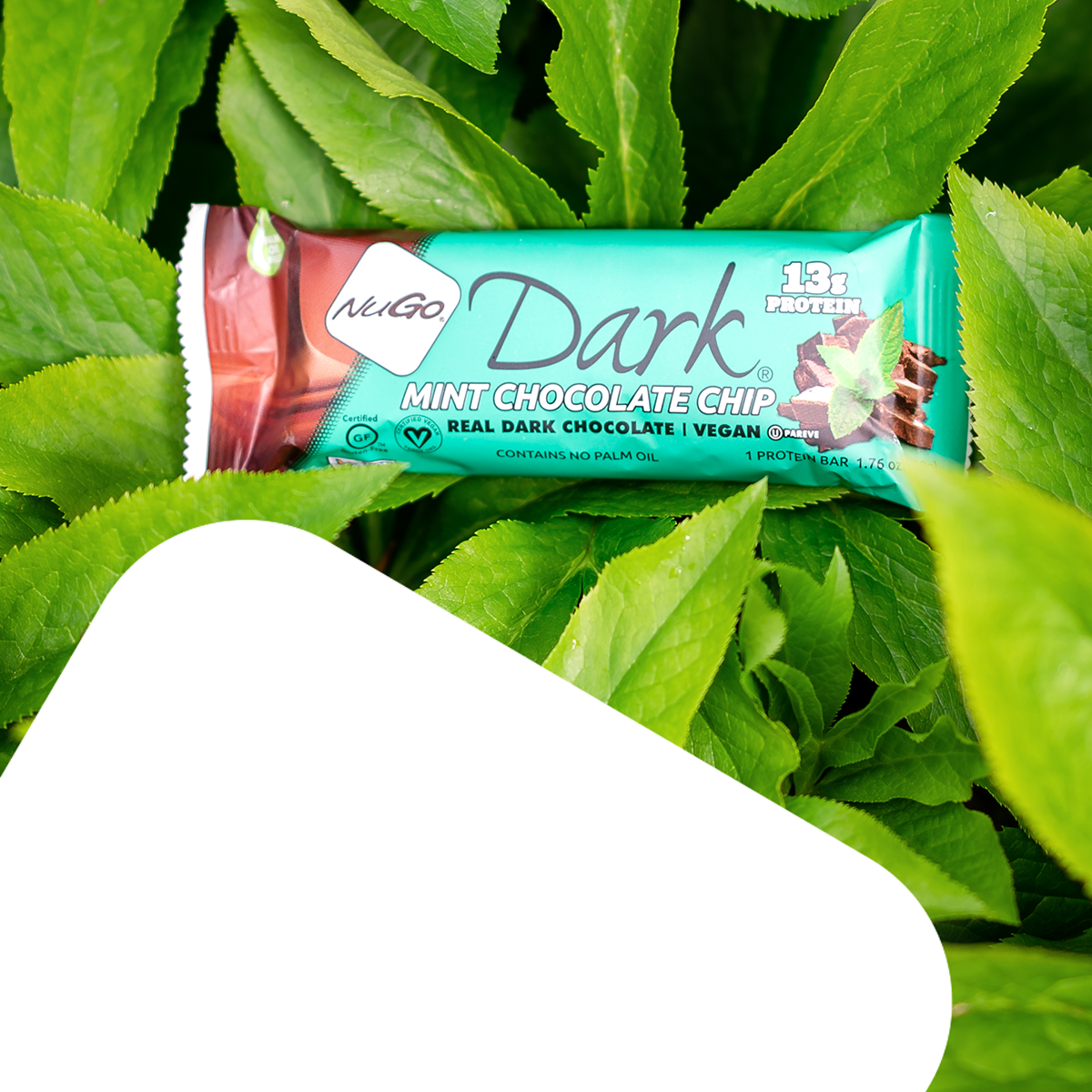

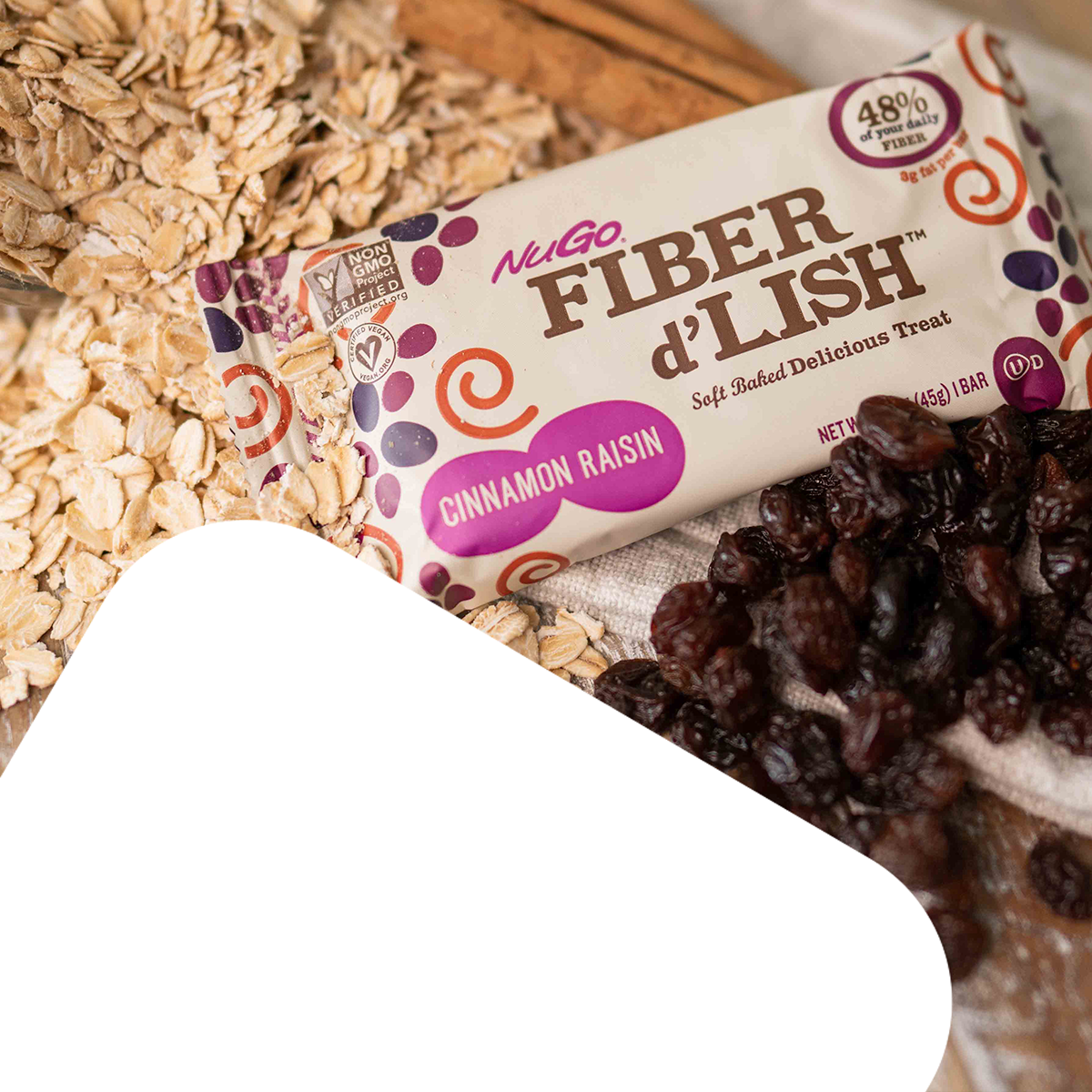

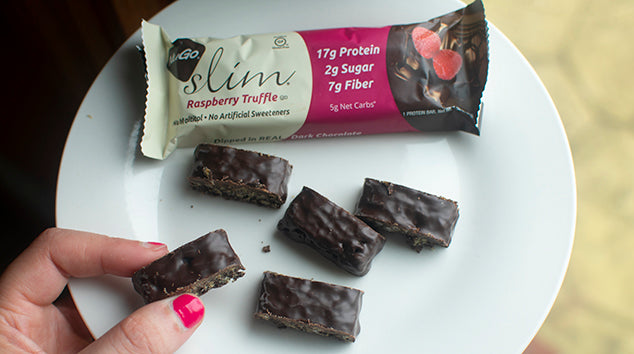

Leave a comment
This site is protected by reCAPTCHA and the Google Privacy Policy and Terms of Service apply.